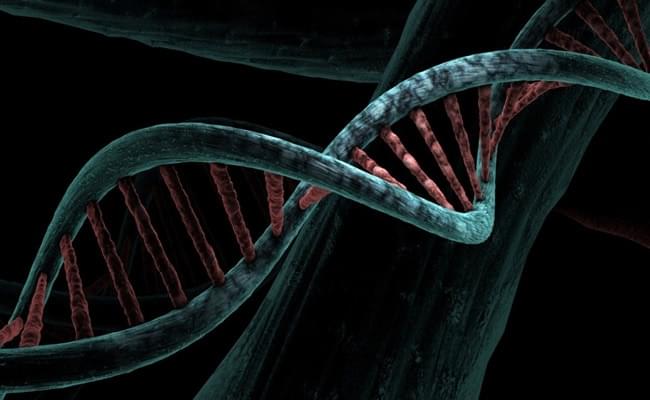Scientists harnessed a new method to precisely measure the amount of information the brain can store, and it could help advance our understanding of learning.
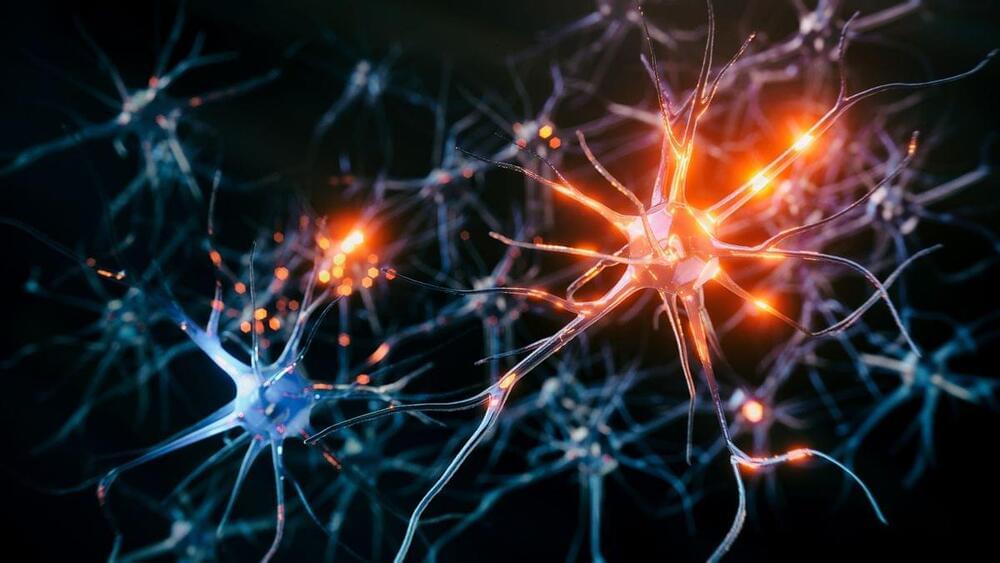


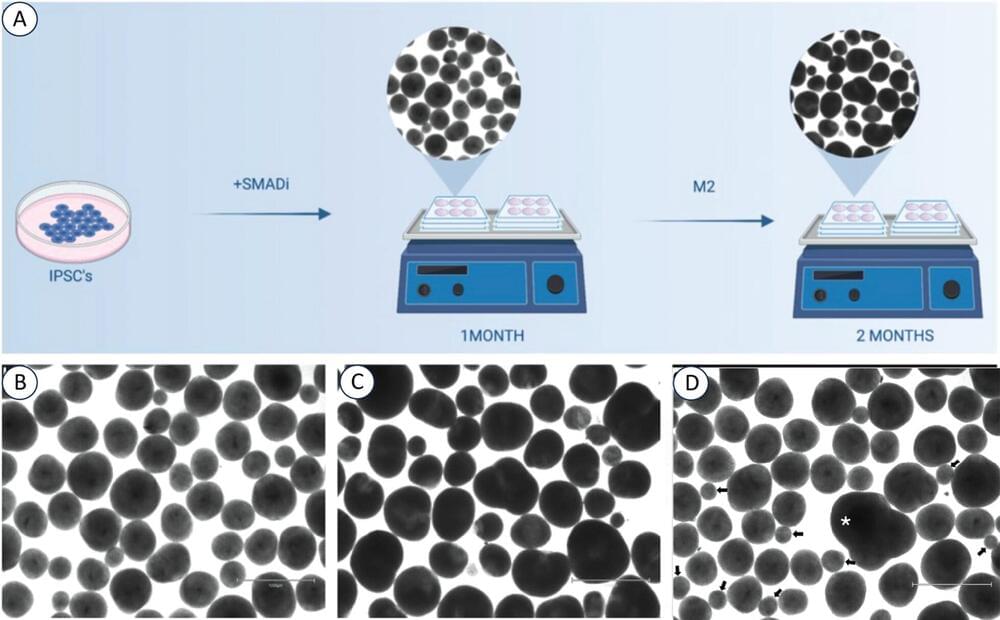
The core theory, weak vs. strong emergence, micro-reductionism, and Sean Carroll’s skeptical argument against everything. Is Dr. Carroll correct in holding that physics has ruled out the afterlife, an immaterial soul, fundamental consciousness, and parapsychology?
Linktree https://linktr.ee/emersongreen.
LINKS
Sean Carroll speaking to the Freedom From Religion Foundation • Sean Carroll: Has Science Refuted Rel…
Philip Goff: Is physics different in the brain?
Papers:

The Elemind headband is a soft, lightweight, and flexible wearable designed to be worn throughout the night, regardless of one’s sleeping position. It can collect information using brainwaves and pairs with a smartphone, where users can find details about their sleep patterns.
Where the headband is effective is its ability to use neuromodulation to impact the brainwaves, directing them from wakeful patterns to those of deeper sleep. “Elemind works like noise-cancellation for the brain. You can switch off the world, switch off the stress, and go to sleep faster,” explained Meredith Perry, the CEO and co-founder of Elemind.
Nick Lane discusses the emergence of consciousness as a result of mitochondrial action. Might consciousness arise from magnetic fields?Watch the full talk at…
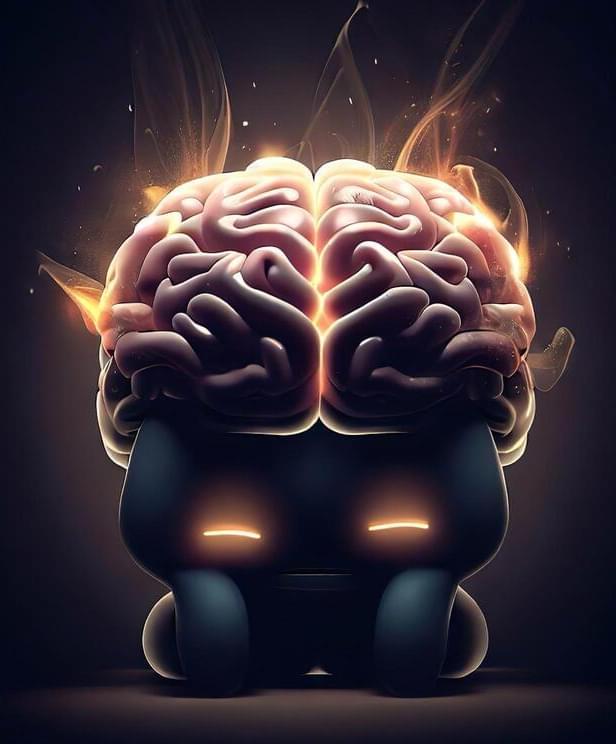
Mentally stimulating activities and life experiences can improve cognition in memory clinic patients, but stress undermines this beneficial relationship. This is according to a new study from Karolinska Institutet published in Alzheimer’s & Dementia: The Journal of the Alzheimer’s Association.
In the late 1980s, researchers discovered that some individuals who showed no apparent symptoms of dementia during their lifetime had brain changes consistent with an advanced stage of Alzheimer’s disease. Since then it has been postulated that so-called cognitive reserve might account for this differential protective effect in individuals.
Cognitively stimulating and enriching life experiences and behaviors such as higher educational attainment, complex jobs, continued physical and leisure activities, and healthy social interactions help build cognitive reserve. However, high or persistent stress levels are associated with reduced social interactions, impaired ability to engage in leisure and physical activities, and an increased risk of dementia.

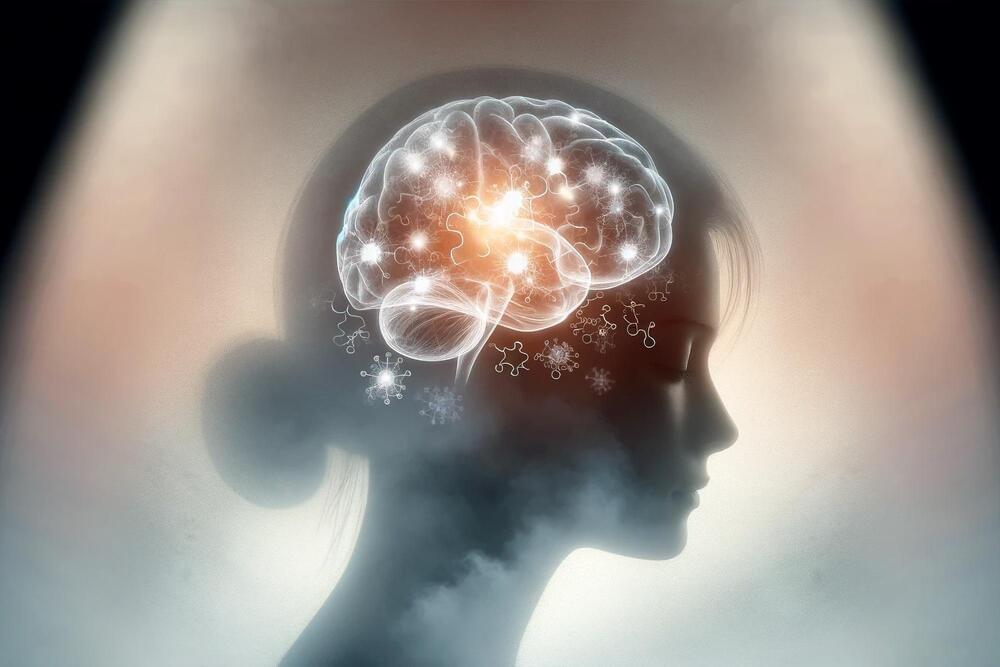
Scientists from Nagoya University in Japan have identified the role of serotonin neurons in linking glucose availability to reproductive health. Their research demonstrates how elevated glucose levels stimulate serotonergic neurons, leading to the release of serotonin, which in turn activates kisspeptin neurons responsible for reproductive hormone release. These findings explain why poor nutrition affects fertility and suggest potential treatments for depression-induced infertility through the use of selective serotonin reuptake inhibitors (SSRIs). Credit: SciTechDaily.com.
Scientists from Nagoya University in Japan have clarified the connection between energy levels and fertility in both animals and humans. They discovered that signaling from serotonin neurons plays a crucial role in maintaining reproductive function by detecting glucose availability, which in turn enhances the release of the reproductive hormone gonadotropin. These findings also offer an explanation for the reduced fertility seen in individuals with depression and suggest potential treatments. The study was published in Scientific Reports.
People who lack sufficient nutrition encounter problems with their reproductive health. For example, ballet dancers can experience menstrual disruptions, and women who fast can struggle to conceive. According to a new study led by Designated Associate Professor Sho Nakamura and Professors Hiroko Tsukamura and Satoshi Ohkura, one of the main factors that affect a person’s reproductive health is glucose availability.
